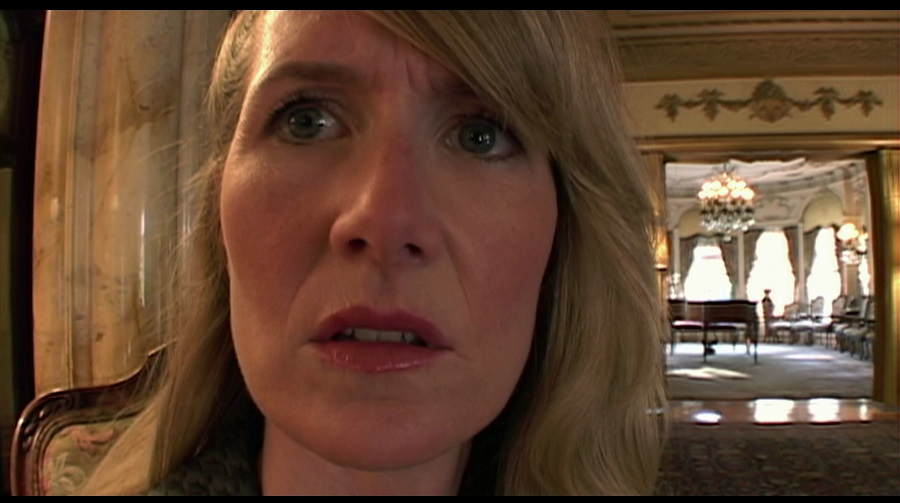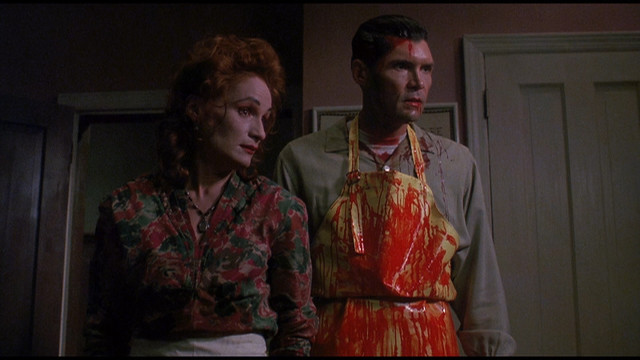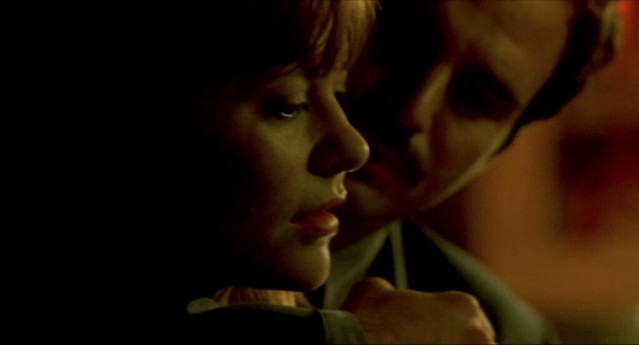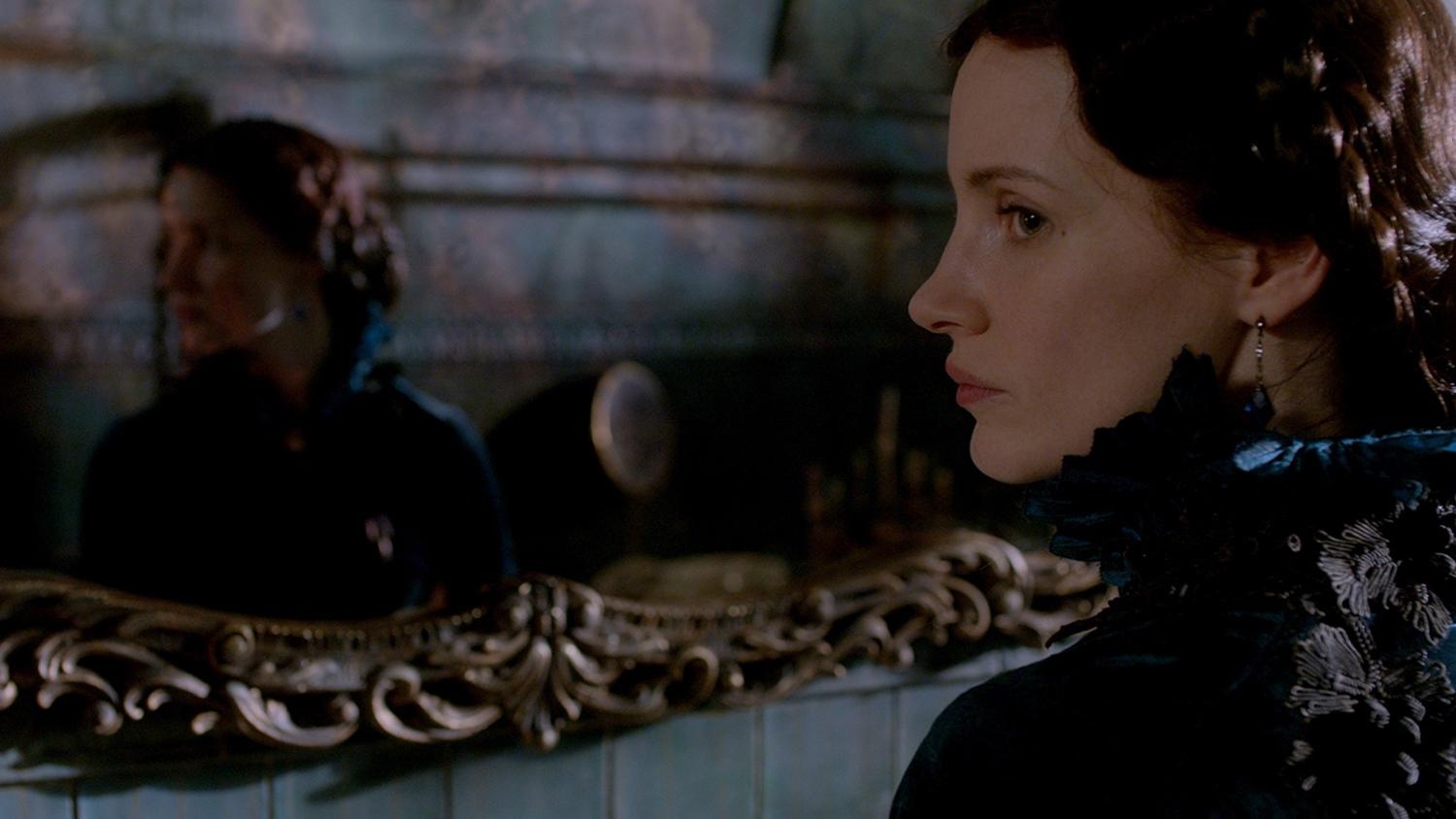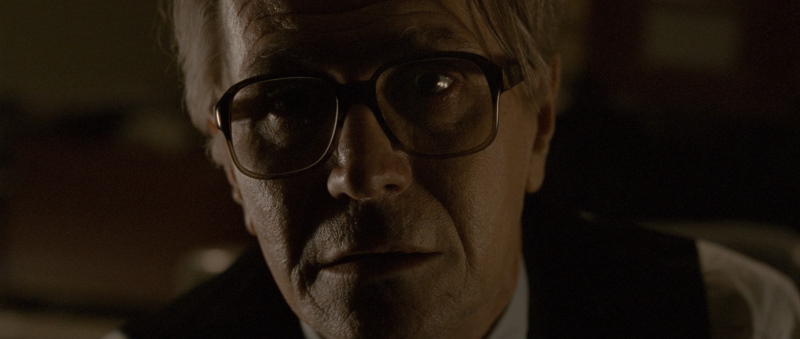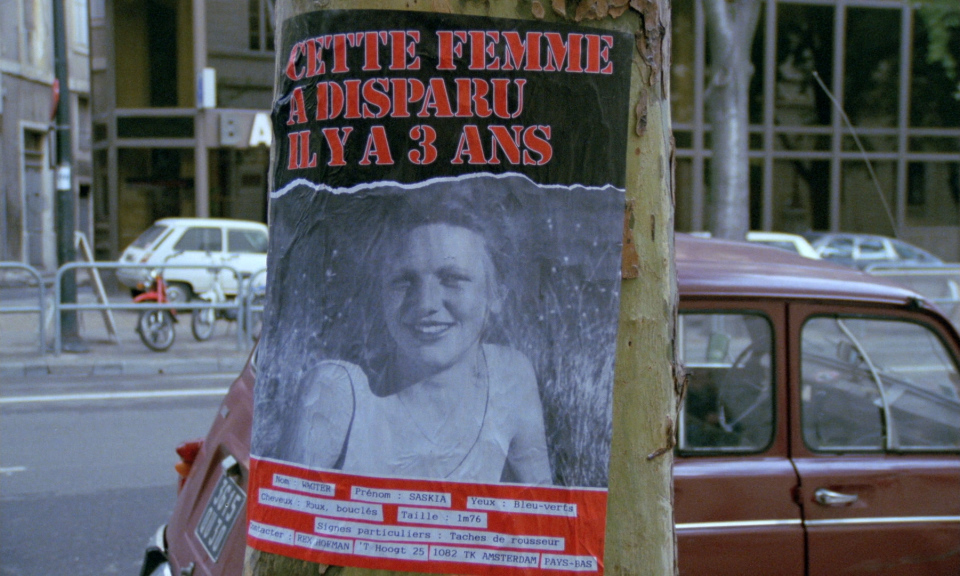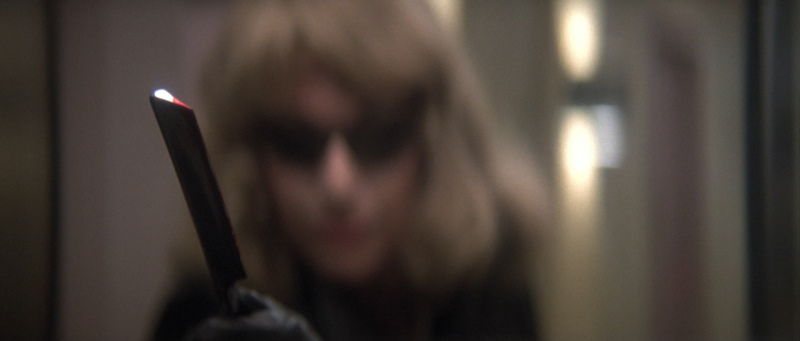I'm kinda shocked I had never even heard of this little thriller. It's creepy, it's macabre, it has Bette Davis, and a splash of camp...what else could I want? Luckily I was able to catch it on TCM and I wasn't disappointed. Bette Davis plays the long-time nanny of a small family. The young daughter recently died, and the son is newly home from his stay in an institution following his sister's death. He's openly hostile to the old nanny when he returns and his parents wonder if his mental health is deteriorating again. What's really going on?
This was a fun watch. Bette Davis seemed to sprinkle a bit of her famous Baby Jane into a few scenes, and even though we might be able to guess where everything is going, it's fun to watch the film get there. The supporting cast is good too, especially Pamela Franklin (who appeared in one of my favorite spooky films The Innocents) as the cheeky upstairs neighbor. The story takes interesting twists and turns and it's perfect for this time of year. I can't be alone in my love for thrillers and horror the second it's autumn, right?



